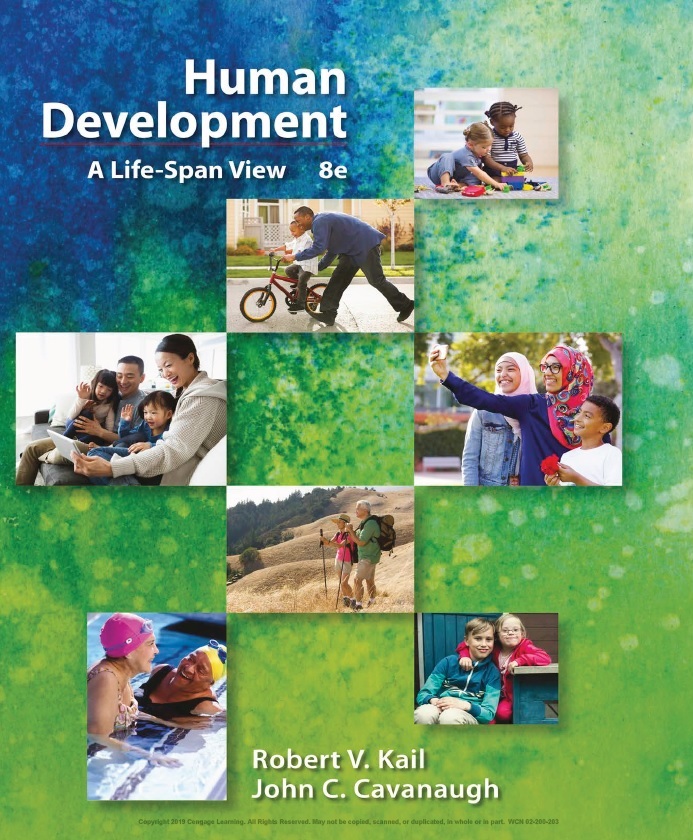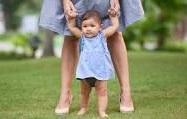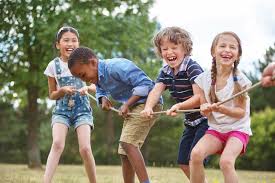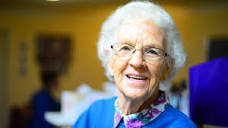 TEXT: Kail and Cavanaugh. 2019. Human Development, a Life-Span View, 8th ed. Cengage Learning |
Biology of AGING and DEVELOPING Across the Lifespan Prof. Eli C. Minkoff, Ph.D. eminkoff Class HOME PAGE and SYLLABUS: Http://abacus.bates.edu/acad/depts/biobook/LfSpan.htm Links listed at right are part of this syllabus, incorporated by reference |
CLASS NOTICES: WELCOME! (CLICK HERE) Revised Class procedures Learning objectives Class expectations Grading and Exams Term Papers How To Study Online Academic Advising WSU Official Info. ZOOM: Instructions Sign-in |






|
(Some details still tentative and subject to change.)
| DATES: | MAJOR TOPICS: | INCLUDED TOPICS: | Readings: |
| PRE-SCHOOL DEVELOPMENT (Conception though early childhood): Part 1 | |||
| Sept. 4 | Study methods & theories | Course introduction. Neuroscience; developmental theories; developmental research & study methods; cross-cultural comparisons. | Chapter 1 |
| Sept. 9,11 | Pre-natal development | Heredity, genetic disorders, embryology, fetal development, pregnancy and its risks; childbirth & neonatal health. | Chapter 2 |
| Sept. 16 Sept. 18 | Early childhood: physical development, etc. No class | Neonatal abilities, growth, muscle and nerve development, motor skills, sensory abilities, learning, "terrible twos", concept of "self", "theory of mind" | Chapter 3 |
| Sept. 21,25 | Cognitive development | Piaget's stages: sensorimotor thinking, preoperational thinking, operational thinking, attention, learning, memory, number skills, Vygotsky & scaffolding, speech, language, social communication | Chapter 4 |
| Sept. 27 |
FIRST EXAM (Fri. **) | | |
| Sep.20, Oct.2 | Social development | Erikson's stages, attachment, emotions, social interactions and abilities, gender identity | Chapter 5 |
| SCHOOL YEARS (Middle childhood and Adolescence): Part 2a Part 2b | |||
| Oct.7,9,16 | Growing individual abilities (no class Oct.14) | Operationalism and complex reasoning, theories of intelligence, racial and ethnic influences, children who are different, word sense and reading, writing, math concepts, schools and teachers, physical activity and sports | Chapter 6 |
| Oct. 21,23 | Growing social competencies | Family relationships (parents, siblings, problems), poverty, peers and friends, fitting in, popularity, rejection, bullying and aggression, TV and video games, electronic media, what others think, prejudice | Chapter 7 |
| Oct. 26,30 | Adolescence | Physical maturation, puberty, psychological changes, health and fitness, problem solving, Kohlberg and moral reasoning, choosing whom to befriend, identity, self-esteem, romance and sexuality, risks and problems, risky and destructive behaviors (incl. drugs, depression, delinquency; sex differences) | Chapter 8-9 |
| Nov. 1 |
SECOND EXAM (Fri. **) | | |
| ADULTHOOD: ____________________________ Part 3 | |||
| Nov. 4,6 | Transition | Transition to adulthood: College years, career choices, seeking employment, job training | |
| Nov. 11 | no class | | |
| Nov. 13 | Adult Individuality and adult relationships | Adult brains, further schooling, world of work, intimacy, physical health, cognitive development, flexibility vs inflexibility, personality, careers. Friendship and love, lifestyle variations (single, married, LGBTQ), cultural differences, types of families, divorce, remarriage | Chapter 10-11 |
| Nov. 18,20 | Work and family life; midlife changes | Work and occupational choice, career satisfaction, gender, ethnicity, bias, discrimination, changing jobs, job security and insecurity, family obligations, leisure activities, midlife physical changes including reproductive changes, mature intelligence and cognition, lifelong learning, midlife personality, transitions in family life | Chapter 12-13 |
| Nov. 22 |
THIRD EXAM (Fri.**) | | |
| SENIOR YEARS: __________________________ Part 4 | |||
| Nov. 25 | Late adulthood | Demography, longevity, health issues, attitudes of others, memory & wisdom, creativity, anxiety, depression, dementia | Chapter 14 |
| Nov.27 - Dec.1 |
HAVE A HAPPY THANKSGIVING | | |
| Dec. 2 | Retirement; social adjustment | TERM PAPERS DUE December 2. Healthy aging, physical and emotional health, integrity vs despair, social and family relations, spirituality, cultural differences, retirement (benefits, losses, adjustments), volunteering and other alternatives, various family arrangements, caring for others, frailty, living arrangements, problems | Chapter 15 |
| Dec. 4 | End-of-life issues; REVIEW | Approaching the end of life, attitudes towards death (including cultural variations), anxiety, wills and other preparations, hospice care, dealing with loss, grieving at different age levels | Chapter 16 |
| Dec. 11 |
FINAL EXAM | (Details to be announced) | |
| | **EXAMS will take place asynchronously on Fridays
(details HERE).
Students with schedule conflicts may request exceptions or time extensions. | | |